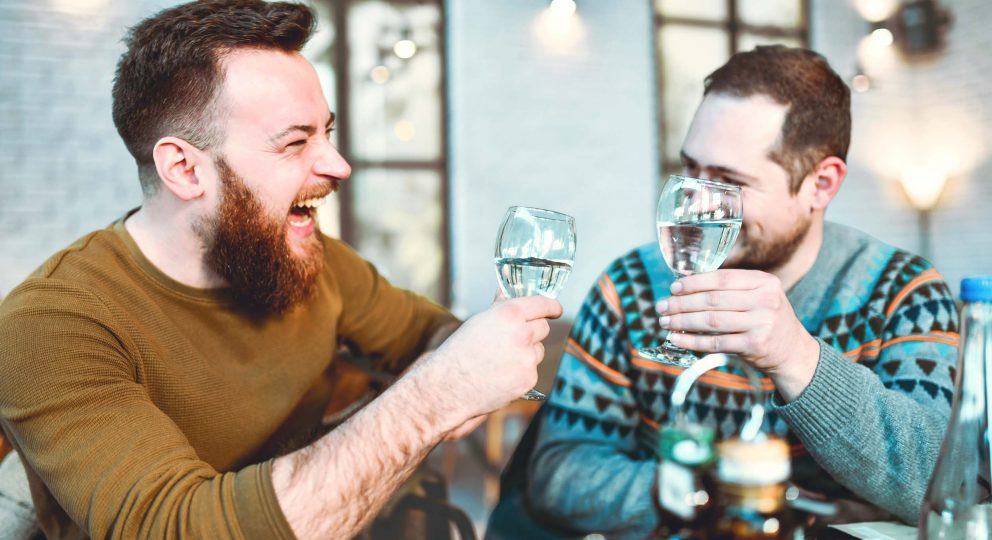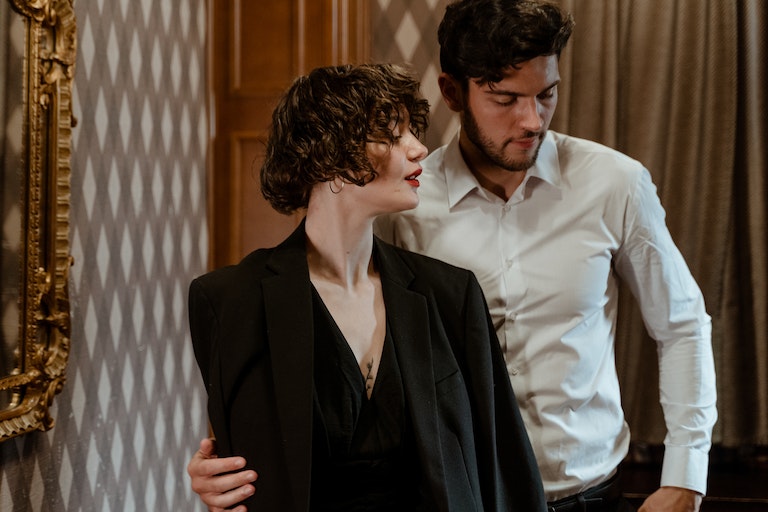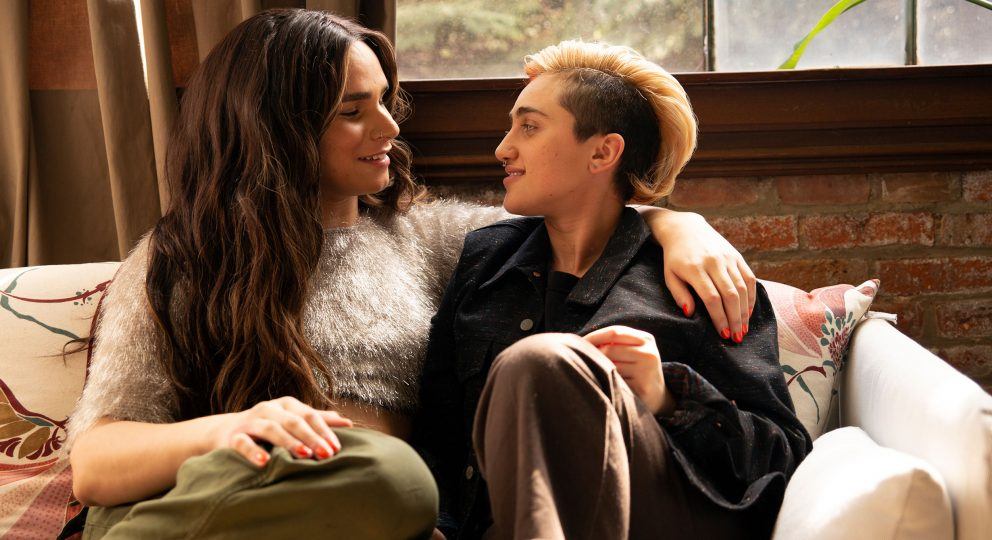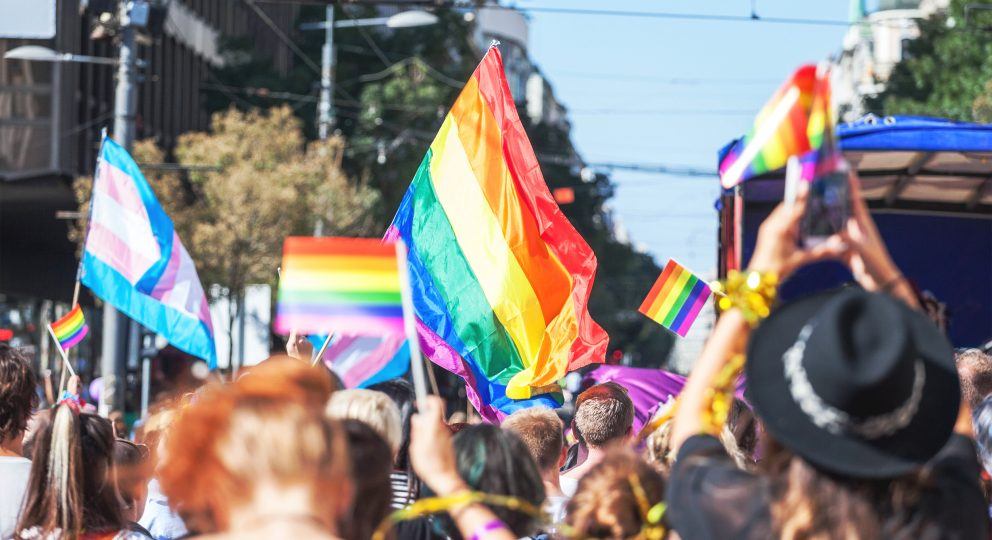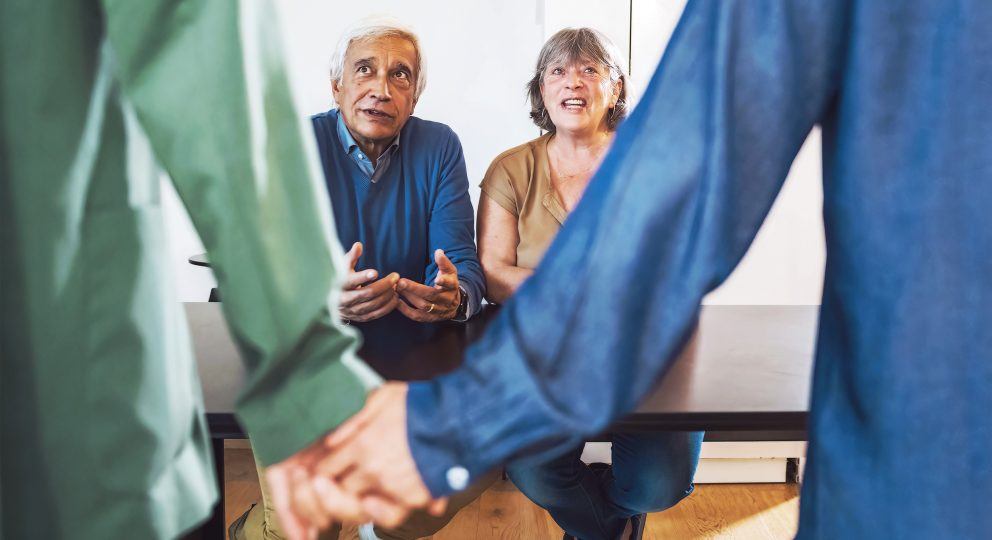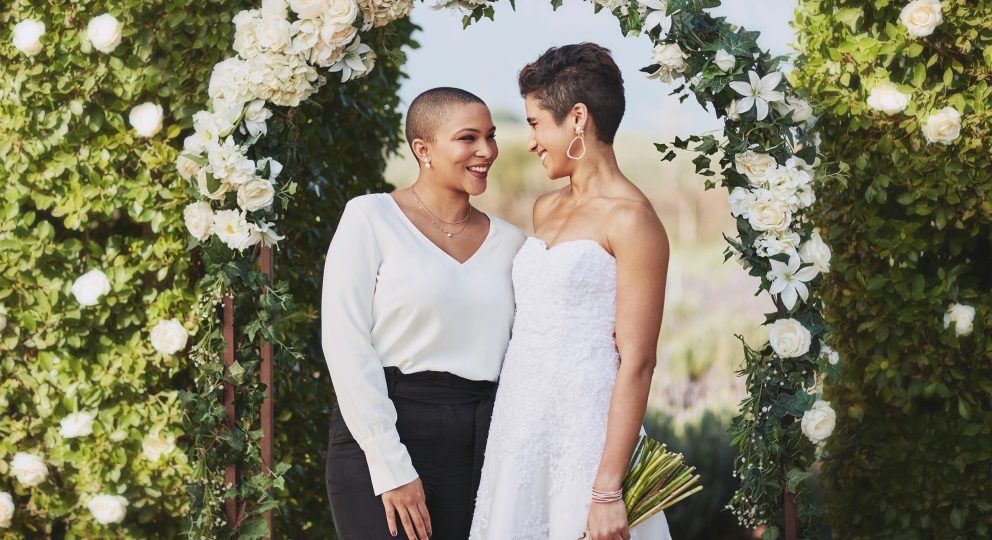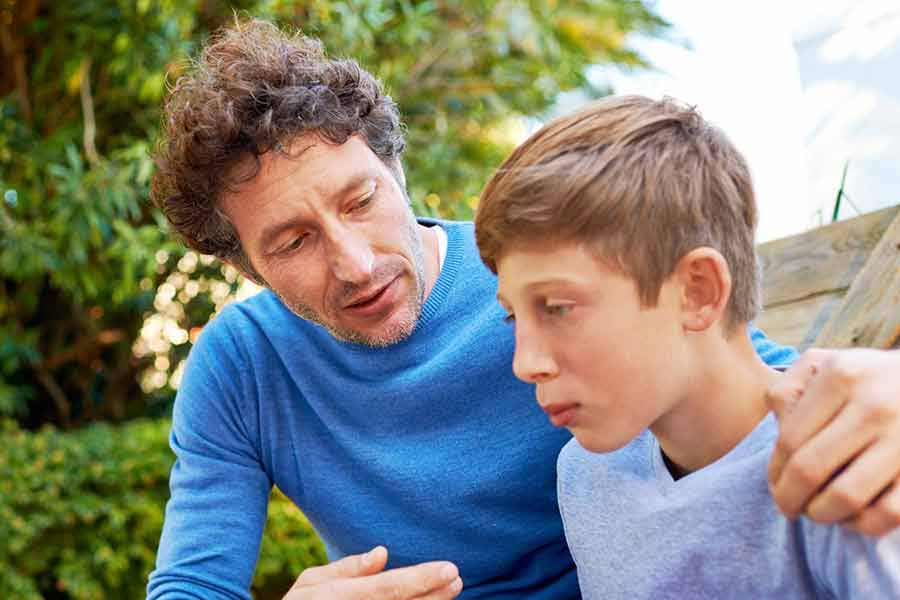Exploring Sex Therapy: Key Considerations Before Taking the Leap
Are you considering embarking on a journey towards sexual wellness and fulfillment through sex therapy? Making the decision to seek therapy for intimate matters can be both empowering and daunting. However, understanding the considerations involved can help you navigate this path with confidence. Let’s delve into some key factors to contemplate before starting sex therapy.
Understanding Your Needs
Before delving into sex therapy, it’s crucial to reflect on your needs, desires, and goals. Take some time to identify the specific issues or challenges you’re facing in your sexual life. Whether it’s overcoming performance anxiety, addressing communication barriers with your partner, or exploring your sexuality in a safe space, clarifying your objectives will guide your therapy journey.
Choosing the Right Therapist
Selecting the right sex therapist is paramount to the success of your therapy journey. Look for a licensed and experienced therapist specializing in sex therapy. Consider factors such as their qualifications, approach to therapy, and compatibility with your personality and values. A therapist who creates a supportive and non-judgmental environment can foster trust and openness, essential for effective therapy outcomes.
Navigating Comfort Zones
Embarking on sex therapy often involves stepping out of your comfort zone and discussing intimate aspects of your life openly. It’s natural to feel vulnerable or apprehensive about addressing sensitive topics. However, remember that therapy is a safe and confidential space designed to support your growth and well-being. Embrace vulnerability as a catalyst for personal transformation and healing.
Setting Realistic Expectations
While sex therapy can be transformative, it’s essential to set realistic expectations for the process. Therapy is not a quick fix, and progress may take time. Be patient with yourself and trust in the therapeutic process. Celebrate small victories along the way and recognize that healing is a journey rather than a destination. Open communication with your therapist about your expectations and concerns can ensure a collaborative and effective therapeutic experience.
Embracing Self-Discovery
Sex therapy offers an opportunity for profound self-discovery and personal growth. As you delve into your sexuality and explore new facets of yourself, embrace the journey of self-exploration with curiosity and compassion. Be open to challenging ingrained beliefs or patterns that may be hindering your sexual fulfillment. Through self-awareness and acceptance, you can cultivate a deeper understanding of yourself and enhance your overall well-being.
In Conclusion
Embarking on the path of sex therapy is a courageous step towards enhancing your sexual health and overall quality of life. By considering these key factors and approaching therapy with an open mind and heart, you can embark on a transformative journey towards sexual wellness and fulfillment. Remember, you’re not alone on this journey—your sex therapist is there to support and guide you every step of the way.
Ready to take the next step towards sexual empowerment and fulfillment? Contact us today to explore how sex therapy can enrich your life and relationships. Your journey towards sexual wellness awaits!
Chat Line Categories












Local & Naughty
Free Local & Naughty chatline welcomes your to the ultimate chatline experience!!! Start chatting with























USA Chat Line Hookup
USA’s Sexiest Free Chat Line For Men and Women! Meet local singles in your area












Sexy Live Hookup
Sexy Live Free Hookup is all about fun! This is the quickest route to finally























College Party Line
College Party Lines is a free place where college girls and boys can meet and
Chat Line Categories












Local & Naughty
Free Local & Naughty chatline welcomes your to the ultimate chatline experience!!! Start chatting with























USA Chat Line Hookup
USA’s Sexiest Free Chat Line For Men and Women! Meet local singles in your area












Sexy Live Hookup
Sexy Live Free Hookup is all about fun! This is the quickest route to finally























College Party Line
College Party Lines is a free place where college girls and boys can meet and







